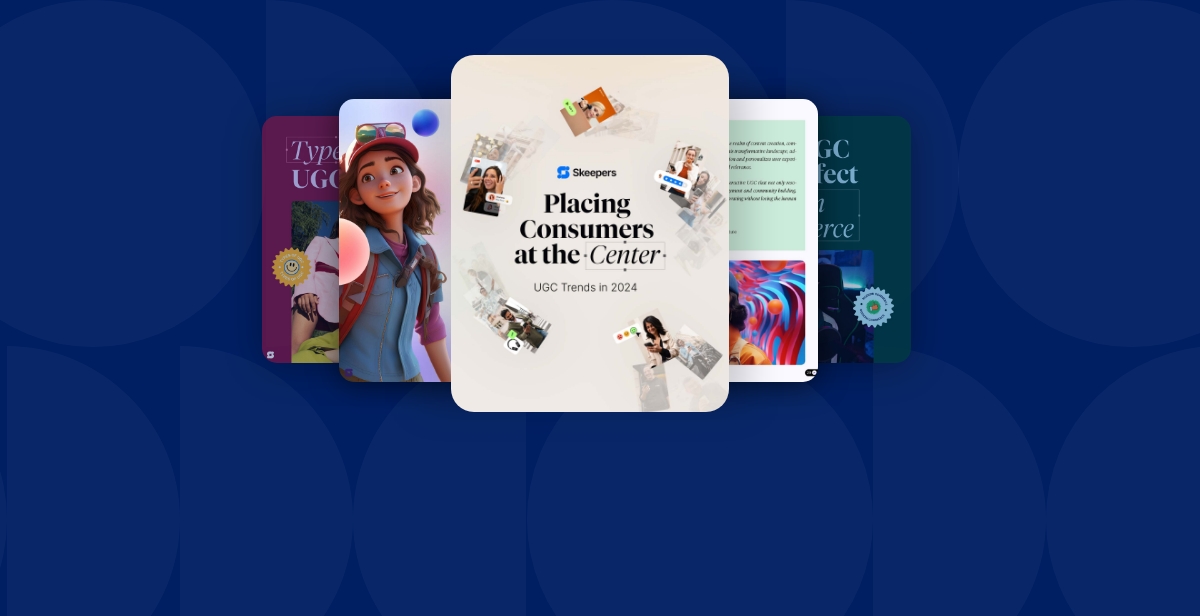Faced with the impact of the Coronavirus outbreak and isolation on their business, retailers are getting organized, with a view to recovery. Driven by the urgent need to make up for lost sales, many retailers will be deploying mass campaigns and aggressive promotions in all directions, without having the assurance of emerging in a “ruckus”...
Faced with the impact of the Coronavirus outbreak and isolation on their business, retailers are getting organized, with a view to recovery. Driven by the urgent need to make up for lost sales, many retailers will be deploying mass campaigns and aggressive promotions in all directions, without having the assurance of emerging in a “ruckus” during the recovery.
On the contrary, it is at this point that we will have to act with accuracy and relevance to stand out from the crowd. The challenge for retailers is to prepare individualized action plans right now that will enable them to reconnect with each customer by sending them messages that they will want to hear, by offering them products that they will want to buy.
In order to be able to do this, it is essential to take full advantage of the data which, especially during this period, are indicative of the real needs and intentions of consumers. The various studies recently unveiled confirm this: since most consumers are confined, they spend more time online, and this is an opportunity for retailers to interpret the data created during site navigation to identify the themes and products that will inspire them and encourage them to place orders or go to the store when they open for business.
Be ready to give each website visitor a relevant follow-up to accompany his or her purchase intention up to the conversion.
By leveraging artificial intelligence, retailers’ marketing teams can accurately detect and qualify the purchasing intentions of each onsite visitor, so that they are ready to offer them the products they wanted during the confinement and make recommendations on the products most likely to appeal to them, as identified by predictive models.
When the time comes, marketers will be able to orchestrate a fair and calibrated support for each detected intending buyer: if the visitor is identified, thanks in particular to the reconciliation of offline and online data, which links CRM identifiers and browsing behavior, he/she can be solicited on a larger number of contact points (email, SMS, social networks, search engines, etc.) than if he/she remains anonymous (animated only via display or onsite personalization).
Reconnect with clients by inspiring them with content tailored to their individual needs.
The marketer can transform the data into a complete customer DNA, directly operational within all their campaigns.
To generate high-potential traffic on its website and in its shops as soon as they reopen, it will be able to count on the relevant activation of its CRM database, with individualized and personalized campaigns according to the preferences and interests of each targeted customer.
For example, with a view to selling off stocks quickly before the end of the season, a ready-to-wear retailer will be able to rely on AI to qualify the buying motivations of its customers and thereby differentiate its audiences according to their preference for promotion. It will therefore optimize its ROI by avoiding offering a markdown to an individual who could have bought the product at the initial price.
By analyzing the CRM profile and the transactional history of each customer, artificial intelligence highlights the appropriate pretenses to solicit the customer and selects the ideal product to offer the customer in order to make him/her react. The learning machine helps to build a complete customer DNA, directly operational to optimise campaign targeting, boost the impact of their content and increase the value they generate.
Individualized marketing, made accessible to retailers today thanks to the capabilities of artificial intelligence, can really enable retailers to calmly apprehend the recovery by preparing relevant personalized strategies that will enable them to get back in touch with their consumers as quickly as possible and with a viable, sustainable ROI.







